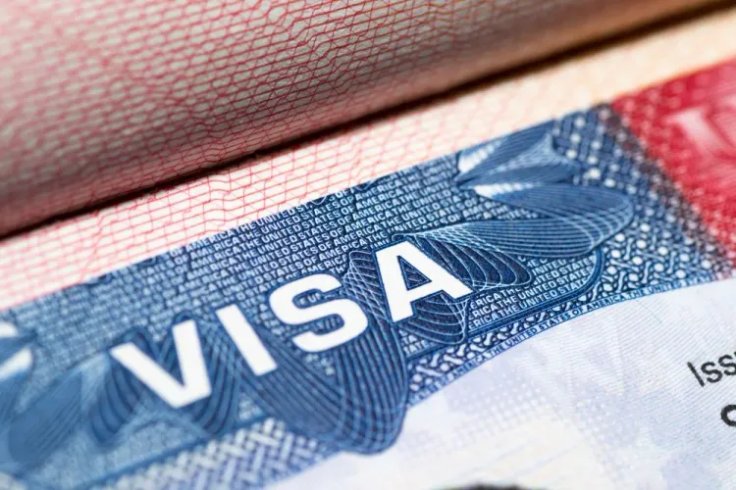
As part of the Trump administration's immigration policies aimed at reducing illegal immigration, new restrictions have been established for elderly individuals and their family members seeking to travel to the United States due to emergencies.
According to an investigation by Mexican outlet Milenio, the number of temporary humanitarian visas granted to people wishing to visit sick, deceased or missing relatives has dropped from 375,000 per year to zero so far in 2025.
Thanks to a Freedom of Information Act request filed by the research center Transactional Records Access Clearinghouse (TRAC), Milenio obtained data showing that between 2021 and 2024, the United States approved 1.5 million humanitarian visas, but that number has dropped to zero so far this year.
The U.S. Citizenship and Immigration Services states that applicants for humanitarian parole must show urgent humanitarian reasons that require immediate or time-sensitive action. These may include critical medical treatment or the need to visit and support a family member in the final stages of a terminal illness.
But according to sources who spoke to Milenio, obtaining a tourist visa for urgent humanitarian reasons has become significantly more difficult, especially for people 65 and older.
Susana Guerra, deputy secretary for migrant affairs in the state of Guanajuato, told Milenio that so far in 2025, she has not received a single approval for the humanitarian visa requests she has submitted on behalf of relatives of migrants diagnosed with cancer or other terminal illnesses.
Milenio also reported that programs that once allowed elderly parents to reunite with children who migrated to the United States decades ago have been severely restricted. In the past, Guanajuato organized travel groups of up to 150 older adults to visit the United States. According to Guerra, the U.S. now limits group sizes to 10 people and approves only about 45 percent of applications.
Following the success of the program, it expanded to 14 Mexican states. Between 2012 and 2024, local officials helped secure approximately 45,000 humanitarian visas for the elderly, averaging around 3,462 per year. However, people involved in the initiative say far fewer applications are being approved today, and those who are granted visas often face hostility from U.S. authorities upon arrival.
"The interviews are harsh," said Tamara Buendía, a partner at a travel agency that assists elderly migrants. "Sometimes they make them cry, confuse them with questions, or accuse them of helping their undocumented children. They're asked if they knew their child was in the U.S. without papers, if the child lived with them, or if they lent them money to cross the border. Officials treat them like criminals and pressure them to admit things that have nothing to do with their case," Buendía told Milenio.
She recalled the case of an 86-year-old man who was recently interviewed by a U.S. consular officer in English. When asked if he had ever belonged to a terrorist organization, he misunderstood the word "terrorist" as "happy," answered yes, and was denied the visa.
Maricela Medina, a director at Casa Migrante Binacional, an organization that assists migrants in both the United States and Mexico, told Milenio she has also handled cases where humanitarian parole requests have been denied.
"In the past, when a relative was seriously ill, U.S. consulates would expedite appointments almost immediately. Now, interviews can be delayed for up to a year, and when they're granted, the visa is no longer valid for ten years but only for three months," she said in an interview with Milenio.
"On top of that, they ask for additional documents to prove the seriousness of the case—medical reports, doctors' names, and verifiable phone numbers. They scrutinize bank accounts, property records, proof of income, the list goes on." Medina added.
Last year, Medina accompanied a mother who traveled to the U.S. to identify the body of her son, who had drowned in a river. The woman was granted a ten-day permit that allowed her to travel, recognize the body, and authorize its return.
Medina told Milenio that situations like that "are now impossible."
In May, she tried to do the same for the relative of a man who died in Florida. For that case, the urgent humanitarian visa was denied at the discretion of the consular officer, and the body was not repatriated until September.
© 2025 Latin Times. All rights reserved. Do not reproduce without permission.







